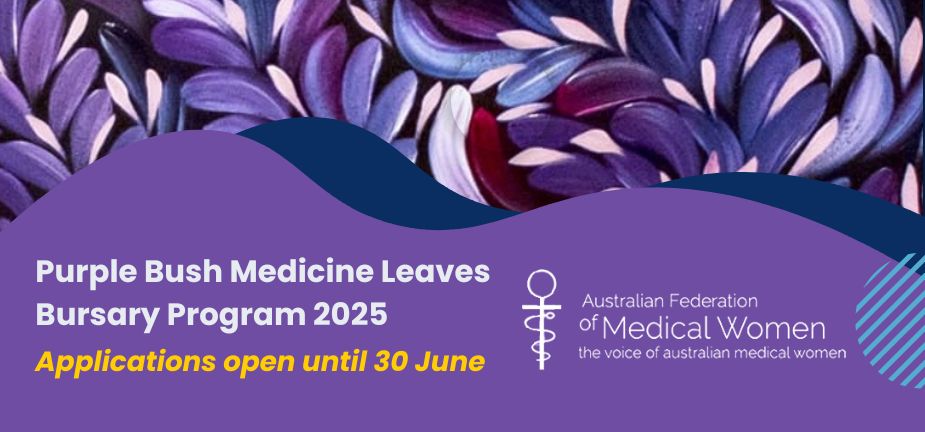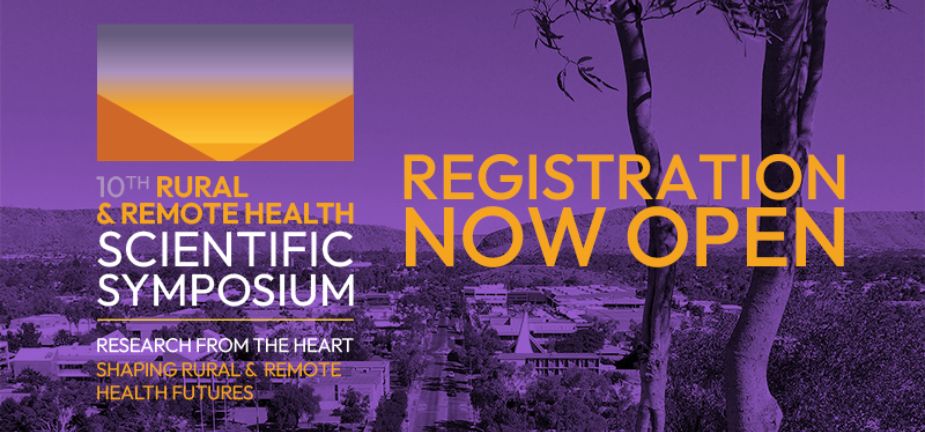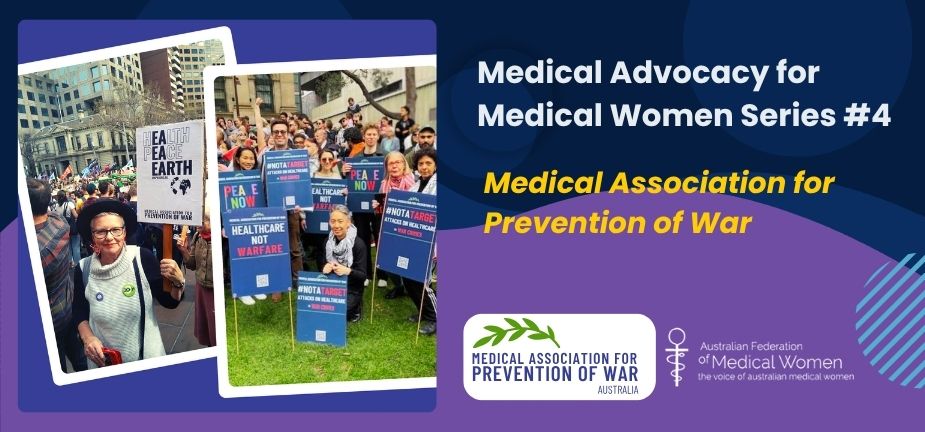In this article, originally published by the Grattan Institute, the authors discuss a triple whammy copped by Australian women due to COVID, experiencing more impact than males.
The COVID recession hit women much harder than men, and will compound women’s lifetime economic disadvantage.
Australian women copped a triple-whammy:
- they lost more jobs than men – almost 8 per cent at the peak of the crisis, compared to 4 per cent for men;
- they shouldered more of the increase in unpaid work – including supervising children learning remotely – taking on an extra hour each day more than men, on top of their existing heavier load; and
- they were less likely to get government support – JobKeeper excluded short-term casuals, who in the hardest-hit industries are mostly women.
The faster-than-expected economic recovery and school re-openings have helped improve the outlook for women, but unemployment and underemployment remain too high, especially for vulnerable groups such as single parents, who are mostly women.
Women who became unemployed or left work in the recession face longer-term impacts on their wages and career progression because the COVID hit compounds the effects of other career breaks. Six months out of work can add another $100,000 to the average $2 million lifetime earnings gap between men and women with children in Australia.
Governments should inject more money into services sectors, childcare, and aged care, and rewrite the ‘rescue and recovery’ playbook before the next economic crisis.
Many Australians – particularly women – suffered more than they needed to in the COVID recession because elements of the government response were inadequate or ill-directed.
Policy makers seemed oblivious to the fact that this recession was different to previous crises – women now make up almost half the workforce, and they are overwhelmingly employed in the industries that were hit hardest by the government-imposed lockdowns, such as hospitality, tourism, and higher education.
Between February and May last year, the construction sector lost less than 5 per cent of its work hours but got more than $35 billion of government assistance, whereas the hospitality sector lost more than 47 per cent of its work hours but got only about $1.3 billion of direct government assistance.
Governments should ensure that any further stimulus goes well beyond the construction sector and includes at least temporary expansions of social programs and services. The Federal Government should also make a longer-term investment in childcare to support women’s workforce participation and the economic recovery.
Australia can ‘build back better’ after this crisis, but only if governments learn the lessons from the COVID recession.
Australia needs a new recession playbook, so women aren’t overlooked or forced to fall further behind.
Originally published: https://grattan.edu.au/report/womens-work/
Associate Professor Magdalena Simonis AM is a Past President of the AFMW (2020-2023), former President of VMWS (2013 & 2017-2020) and current AFMW National Coordinator (2024-2026). She is a full time clinician who also holds positions on several not for profit organisations, driven by her passion for bridging gaps across the health sector. She is a leading women’s health expert, keynote speaker, climate change and gender equity advocate and government advisor. Magda is member of The Australian Health Team contributing monthly articles.
Magdalena was awarded a lifetime membership of the RACGP for her contributions which include past chair of Women in General Practice, longstanding contribution to the RACGP Expert Committee Quality Care, the RACGP eHealth Expert Committee. She is regularly invited to comment on primary care research though mainstream and medical media and contributes articles on various health issues through newsGP and other publications.
Magdalena has represented the RACGP at senate enquiries and has worked on several National Health Framework reviews. She is author of the RACGP Guide on Female Genital Cosmetic Surgery and co-reviewer of the RACGP Red Book Women’s Health Chapter, and reviewer of the RACGP White book
Both an RACGP examiner and University examiner, she undertakes general practice research and is a GP Educator with the Safer Families Centre of Research Excellence, which develops education tools to assist the primary care sector identify, respond to and manage family violence . Roles outside of RACGP include the Strategy and Policy Committee for Breast Cancer Network Australia, Board Director of the Melbourne University Teaching Health Clinics and the elected GP representative to the AMA Federal Council. In 2022. she was award the AMA (Vic) Patrick Pritzwald-Steggman Award 2022, which celebrates a doctor who has made an exceptional contribution to the wellbeing of their colleagues and the community and was listed as Women’s Agenda 2022 finalist for Emerging Leader in Health.
Magdalena has presented at the United Nations as part of the Australian Assembly and was appointed the Australian representative to the World Health Organisation, World Assembly on COVID 19, by the Medical Women’s International Association (MWIA) in 2021. In 2023, A/Professor Simonis was included on the King’s COVID-19 Champion’s list and was also awarded a Member (AM) in the General Division for significant service to medicine through a range of roles and to women’s health.










